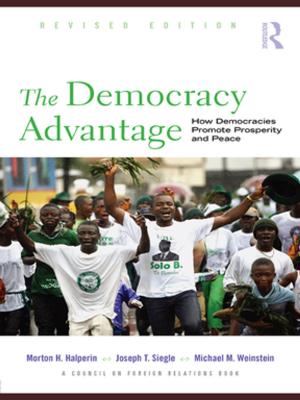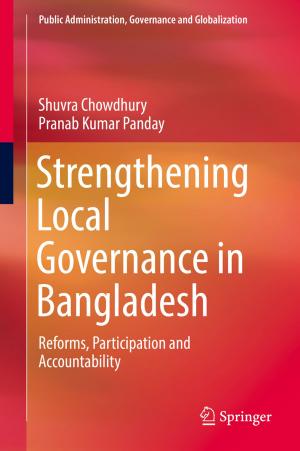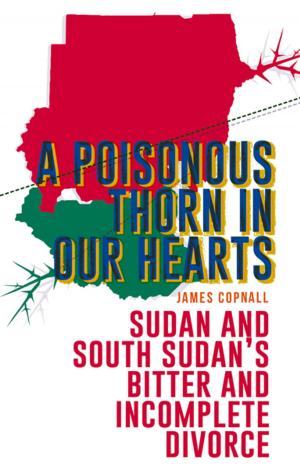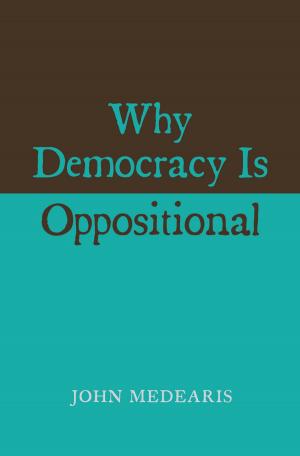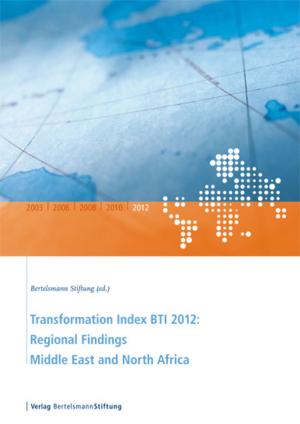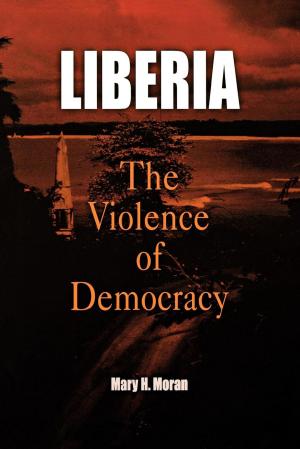Witnessing the Change
Nonfiction, Social & Cultural Studies, Political Science, Government, Democracy| Author: | Olalekan Adigun | ISBN: | 9781370159109 |
| Publisher: | Olalekan Adigun | Publication: | June 16, 2017 |
| Imprint: | Smashwords Edition | Language: | English |
| Author: | Olalekan Adigun |
| ISBN: | 9781370159109 |
| Publisher: | Olalekan Adigun |
| Publication: | June 16, 2017 |
| Imprint: | Smashwords Edition |
| Language: | English |
The book is divided into two sections each covering different themes. Section One is divided into five chapters covering the different phases of the election while Section Two are a collection of essays written on different issues that shaped the outcome of the election.
Section One
Chapter One
This chapter explores events from July 2003 to February 2014 including the formidable roadblocks before Major-General Muhammadu Buhari’s emergence as democratically-elected president. An understanding of these years is vital to understanding how Buhari developed into a serious contender for the APC nomination. In particular, it will focus on the formation of the CPC and the merger of opposition parties to form the APC in 2013 and will lay a strong foundation for the analysis of how Buhari defeated his party rivals and ultimately, President Goodluck Jonathan in later chapters.
Chapter Two
This chapter will look at some theoretical framework guiding the author’s perspective. This will look at the critical decisions (using the decision making theories) that shaped the outcome of the 2015 presidential elections commencing from the merger of political parties to form the APC.
Chapter Three
This chapter will progress from October 2014, after Buhari’s announcement that he had entered the presidential race. This chapter will end following Buhari’s victory at the party primaries in December 2014. This period was pivotal to Buhari’s campaign, for it was during this time that he faced his toughest opponents, Atiku Abubakar and Rabiu Musa Kwankwaso. Considering the first ever successful political merger of political parties in the country, which saw the coming together of four political parties (ACN, ANPP, CPC and APGA) and its successful inaugural convention, and the general unpopularity of President Jonathan, Buhari’s victory in March 2015 can be seen as equally, if not more important than the Presidential elections, as for most the question was not whether the next President would be APC or PDP, but whether Nigeria would inaugurate its first opposition president or elect a “former dictator” as its democratically-elected leader.
Chapter Four
This deals with events leading to February 2015 and the implications of the 6-week shift in the presidential election including some attempts to scuttle the polls.
Chapter Five
This chapter deals with the clinical explanation of Buhari’s victory and the unexplained reasons why President Jonathan accepted defeat in the historic election.
Section Two
These contain some of the author’s personal reflections and thoughts written during the campaigns on different issues. These include thoughts on leadership, party politics, political strategies, and philosophy.
The book is divided into two sections each covering different themes. Section One is divided into five chapters covering the different phases of the election while Section Two are a collection of essays written on different issues that shaped the outcome of the election.
Section One
Chapter One
This chapter explores events from July 2003 to February 2014 including the formidable roadblocks before Major-General Muhammadu Buhari’s emergence as democratically-elected president. An understanding of these years is vital to understanding how Buhari developed into a serious contender for the APC nomination. In particular, it will focus on the formation of the CPC and the merger of opposition parties to form the APC in 2013 and will lay a strong foundation for the analysis of how Buhari defeated his party rivals and ultimately, President Goodluck Jonathan in later chapters.
Chapter Two
This chapter will look at some theoretical framework guiding the author’s perspective. This will look at the critical decisions (using the decision making theories) that shaped the outcome of the 2015 presidential elections commencing from the merger of political parties to form the APC.
Chapter Three
This chapter will progress from October 2014, after Buhari’s announcement that he had entered the presidential race. This chapter will end following Buhari’s victory at the party primaries in December 2014. This period was pivotal to Buhari’s campaign, for it was during this time that he faced his toughest opponents, Atiku Abubakar and Rabiu Musa Kwankwaso. Considering the first ever successful political merger of political parties in the country, which saw the coming together of four political parties (ACN, ANPP, CPC and APGA) and its successful inaugural convention, and the general unpopularity of President Jonathan, Buhari’s victory in March 2015 can be seen as equally, if not more important than the Presidential elections, as for most the question was not whether the next President would be APC or PDP, but whether Nigeria would inaugurate its first opposition president or elect a “former dictator” as its democratically-elected leader.
Chapter Four
This deals with events leading to February 2015 and the implications of the 6-week shift in the presidential election including some attempts to scuttle the polls.
Chapter Five
This chapter deals with the clinical explanation of Buhari’s victory and the unexplained reasons why President Jonathan accepted defeat in the historic election.
Section Two
These contain some of the author’s personal reflections and thoughts written during the campaigns on different issues. These include thoughts on leadership, party politics, political strategies, and philosophy.


